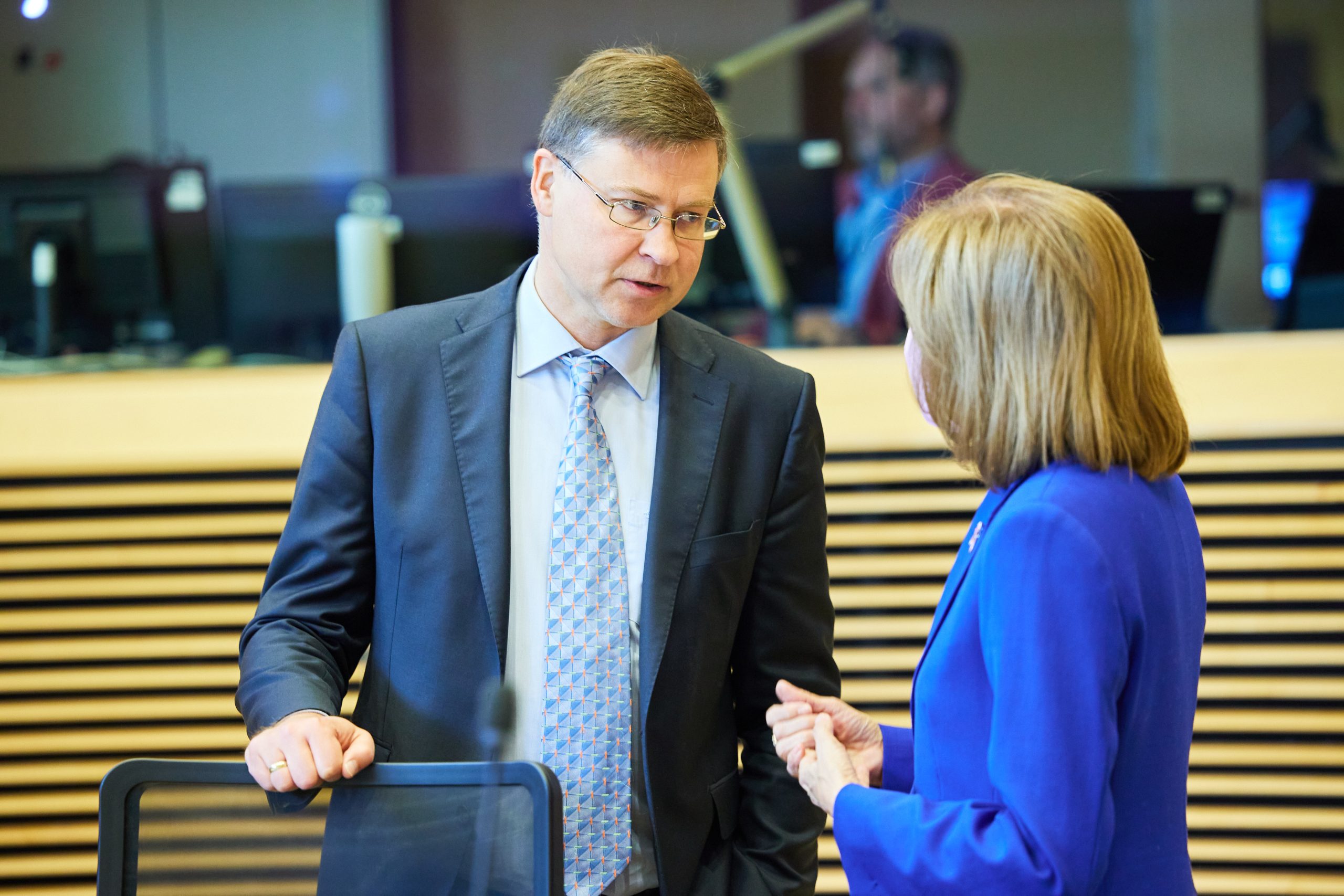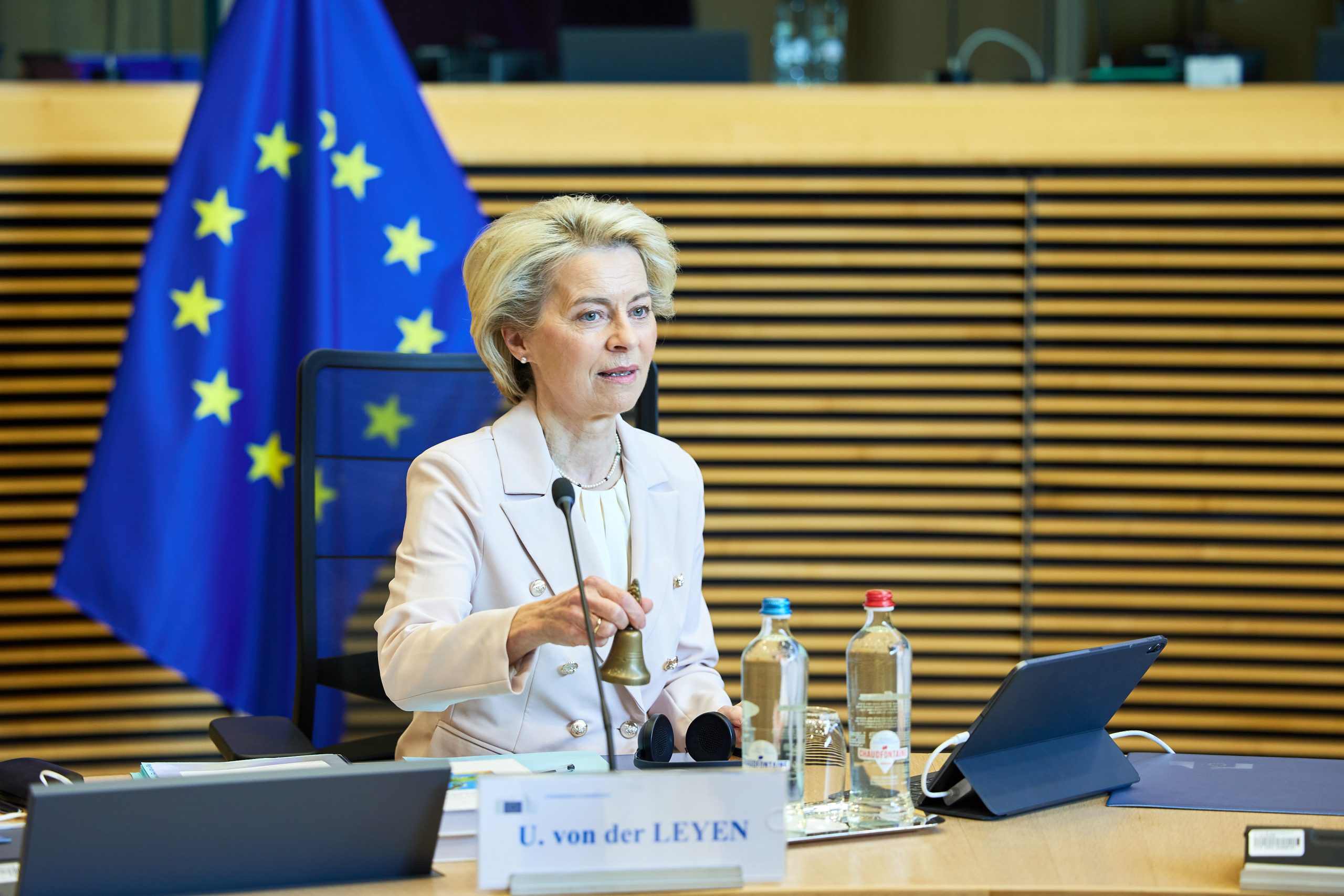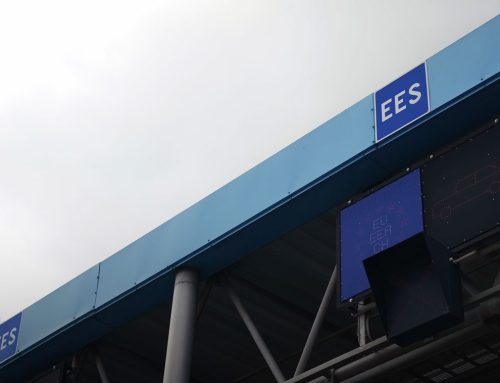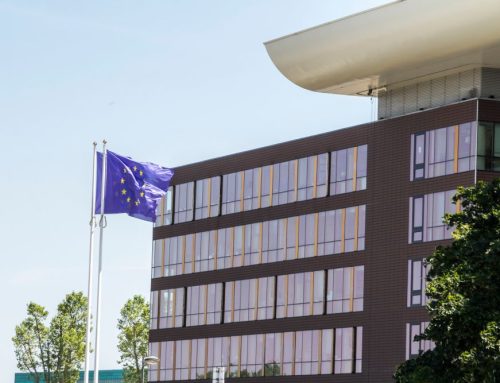The European Commission has proposed today to suspend for one year import duties on all Ukrainian exports to the European Union. The proposal, which is an unprecedented gesture of support for a country at war, would also see the suspension for one year of all EU anti-dumping and safeguard measures in place on Ukrainian steel exports.
This far-reaching step is designed to help boost Ukraine’s exports to the EU. It will help alleviate the difficult situation of Ukrainian producers and exporters in the face of Russia’s military invasion.
European Commission President Ursula von der Leyen, said: “Russia’s unprovoked and unjustified aggression is severely affecting the Ukrainian economy. I have been in discussions with President Zelensky on ways of supporting the economy, beyond the macro-financial assistance and grants we are providing. We both agree on the critical importance of a quick and broad import duty suspension to boost Ukraine’s economy. The step we are taking today responds to this call. It will greatly facilitate the export of Ukrainian industrial and agricultural goods to the EU. We continue to stand by Ukraine in these dire times.”

European Commission Executive Vice-President and Commissioner for Trade Valdis Dombrovskis, said: “The EU has never before delivered such trade liberalisation measures, which are unprecedented in their scale: granting Ukraine zero tariff, zero quota access to the EU market. Since the start of Russia’s aggression, the EU has prioritised the importance of keeping Ukraine’s economy going – which is crucial both to help it win this war and to get back on its feet post-war. These measures will directly help Ukrainian producers and exporters. They will inject confidence into the Ukrainian economy and send a strong signal that the EU will to do whatever it takes to help Ukraine in its hour of need.”
As well as leading to tragic loss of life and mass displacement of innocent civilians of Ukraine, the Russian military aggression is having a devastating impact on Ukraine’s economy and its ability to trade with the rest of the world due to the severe impact on its production capacity and vital export routes. In this difficult context, the EU wants to do as much as possible to help Ukraine to maintain its trade position with the rest of the world and further deepen its trade relations with the EU.
The EU is also already taking measures on the ground to facilitate overland goods transport to help to get Ukrainian products out into the world. For example, the Commission has already started liberalising the conditions for Ukrainian truck drivers transporting goods between Ukraine and the EU, as well as facilitating transit and the use of EU infrastructure to channel Ukrainian exports towards third countries. These measures will add much-needed flexibility and certainty for Ukrainian producers.
Soon, the time will come for Ukraine’s reconstruction.
President @ZelenskyyUA, I support your proposal to establish partnerships with EU cities and regions to rebuild smartly.
We will help you reconstruct and we will walk together with Ukraine on its European path. pic.twitter.com/G4FFYkldYE
— Ursula von der Leyen (@vonderleyen) April 27, 2022
Background
In 2021, with an ambitious agenda of implementation of the Deep and Comprehensive Free Trade Area (DCFTA), bilateral EU-Ukraine trade had reached its highest level since the entry into force of the DCFTA (more than €52 billion, double the value prior to entry into force of the DCFTA in 2016). With the Russian invasion, the Ukrainian economy and its trade with the world have suffered immensely. Alongside the raft of measures in various fields the EU has taken to support Ukraine, from imposing sanctions on Russia to providing funding for military aid, these trade measures will strengthen the EU’s economic assistance to Ukraine and keep its access to the world open as it faces Russia’s aggression. The last EU-Ukraine Summit (12 October 2021) reflected a number of positive ongoing processes, such as the launch of the Article 29 review on further trade liberalisation.
Next steps
The proposal now needs to be considered and agreed by the European Parliament and the Council of the European Union.
For More Information




